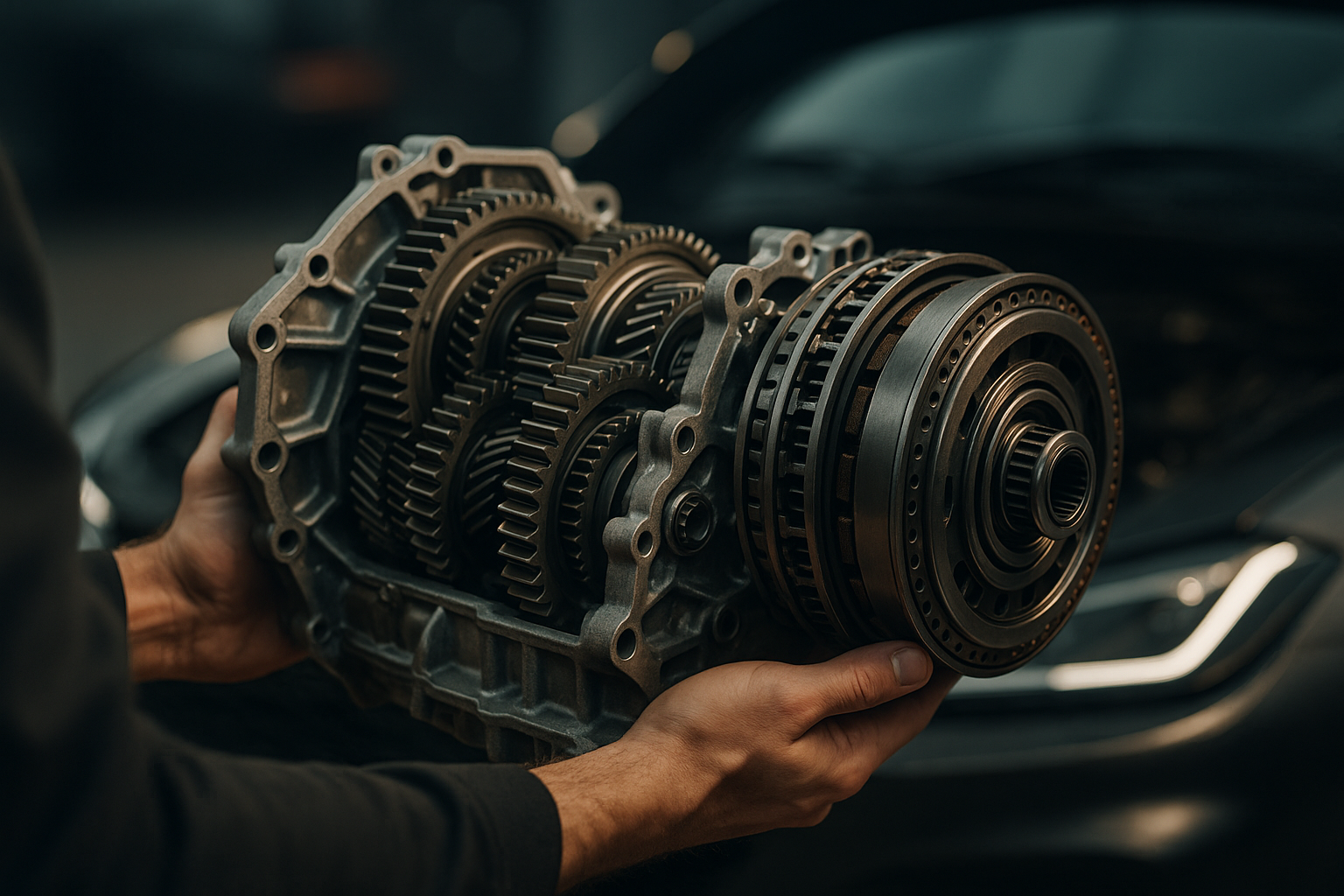Buying Insights for Remanufactured Engines
Remanufactured engines may offer a way to extend vehicle life while addressing performance needs. Considering factors like engine condition, compatibility, and warranty coverage can support better decisions when aligning your purchase with long-term driving and repair goals.

What Is a Remanufactured Engine?
A remanufactured engine is not simply a used or rebuilt engine. It’s a pre-owned engine that has been disassembled, cleaned, inspected, and restored to meet or exceed original equipment manufacturer (OEM) specifications. This process involves replacing worn components with new or refurbished parts, ensuring the engine performs like new. Remanufactured engines often come with warranties, providing peace of mind to buyers.
How Does Engine Remanufacturing Differ from Rebuilding?
While both processes aim to restore an engine’s functionality, remanufacturing is a more comprehensive approach. Rebuilding typically involves fixing or replacing only the parts that have failed or show significant wear. In contrast, remanufacturing involves a complete teardown and restoration of the entire engine. This process includes updating components to the latest specifications, which can result in improved performance and longevity compared to a rebuilt engine.
What Are the Benefits of Choosing a Remanufactured Engine?
Opting for a remanufactured engine offers several advantages. Firstly, it’s generally more cost-effective than purchasing a new engine or vehicle. Additionally, remanufactured engines often come with warranties comparable to those of new engines, providing financial protection and peace of mind. From a performance standpoint, these engines can offer improved fuel efficiency and power output due to the incorporation of updated components and technologies.
What Should You Consider Before Buying a Remanufactured Engine?
Before making a purchase, it’s crucial to consider several factors. Ensure the remanufactured engine is compatible with your vehicle’s make and model. Research the reputation of the remanufacturer and look for certifications or industry standards they adhere to. Pay attention to the warranty terms, as they can vary significantly between providers. Lastly, consider the long-term costs, including installation and potential future maintenance.
How Does Engine Remanufacturing Impact the Environment?
In the United States, there’s growing awareness of the environmental impact of vehicle production and disposal. Engine remanufacturing plays a significant role in reducing this impact. By reusing the core of an existing engine, remanufacturing conserves raw materials and energy that would otherwise be required to produce a new engine. This process also reduces the amount of waste sent to landfills, as many engine components are recycled or reused.
What Are the Cost Implications of Remanufactured Engines?
When considering a remanufactured engine, understanding the cost implications is crucial. While prices can vary based on the engine type and provider, remanufactured engines generally offer significant savings compared to new OEM engines. Here’s a comparison of estimated costs for popular engine types:
| Engine Type | Remanufactured Cost | New OEM Cost | Potential Savings |
|---|---|---|---|
| 4-Cylinder | $2,500 - $4,000 | $4,000 - $7,000 | 30% - 45% |
| 6-Cylinder | $3,500 - $5,500 | $5,500 - $9,000 | 35% - 50% |
| 8-Cylinder | $4,500 - $7,000 | $7,000 - $12,000 | 40% - 55% |
Prices, rates, or cost estimates mentioned in this article are based on the latest available information but may change over time. Independent research is advised before making financial decisions.
It’s important to note that these prices typically don’t include installation costs, which can range from $1,000 to $3,000 depending on the vehicle and engine complexity. Additionally, some providers offer extended warranties for an additional fee, which can provide extra protection for your investment.
When shopping for a remanufactured engine, consider getting quotes from multiple providers. Look for companies that offer detailed information about their remanufacturing process and stand behind their products with solid warranties. Remember that while price is an important factor, the quality of the remanufacturing process and the reputation of the provider should also weigh heavily in your decision.
In conclusion, remanufactured engines present a viable option for vehicle owners facing engine replacement. They offer a balance of cost-effectiveness, performance, and environmental responsibility. By understanding what remanufactured engines are, how they differ from rebuilt engines, and what factors to consider before purchase, you can make an informed decision that aligns with your budget and vehicle needs. Remember to thoroughly research providers, compare costs including installation, and carefully review warranty terms to ensure you’re getting the best value for your investment.




